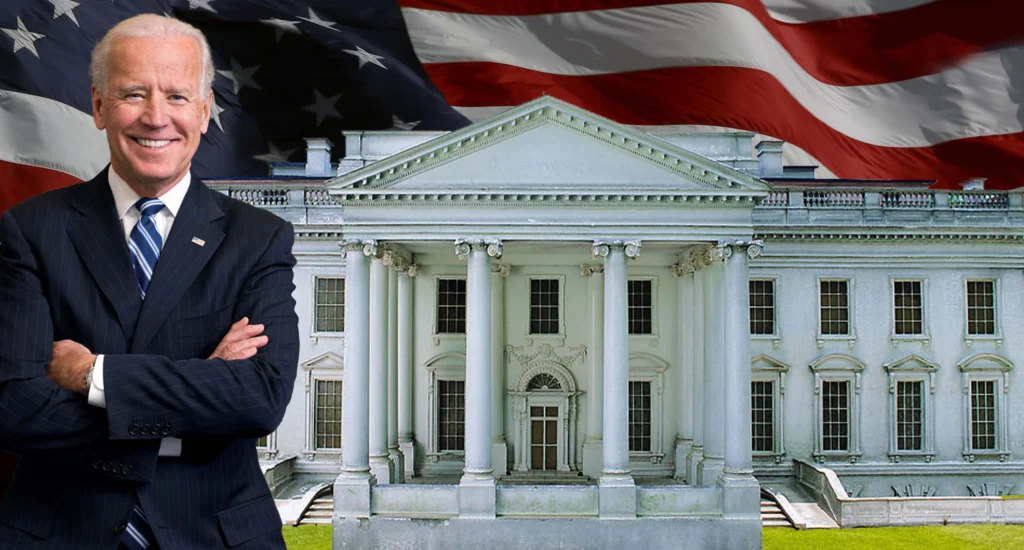Former US President Joe Biden Pardons Five Family Members
- Adeel Arman
- January 21, 2025
- 12:30 pm
- 83
- Trending

In a move that surprised many, former US President Joe Biden pardoned five family members just before leaving the Oval Office. This action came in the final hours of his presidency and has sparked a heated debate across the nation.
Who Did Biden Pardon?
The former president granted preemptive pardons to:
- James B. Biden, his younger brother
- Sara Jones Biden, James’s wife
- Valerie Biden Owens, his sister
- John T. Owens, Valerie’s husband
- Francis W. Biden, another brother
These pardons protect them from potential future investigations or prosecutions. None of them had been convicted of crimes, but Biden stated that these pardons were necessary to shield them from political attacks.
Why Were These Pardons Issued?
Joe Biden explained that his family had been targets of “unrelenting attacks and threats.” He believed these efforts were meant to harm him through baseless accusations. For example, James B. Biden had faced claims of influence-peddling but was not charged.
By pardoning his family, Biden said he wanted to prevent politically motivated investigations by the incoming administration. He emphasized that these pardons were not admissions of guilt.
The Debate over Presidential Power
This decision has sparked debates about the use of presidential pardons. Supporters argue that Former US President Joe Biden had the constitutional right to issue these pardons. They say he acted to protect his family from unfair treatment.
On the other hand, critics believe this move undermines trust in the justice system. Some feel it was an abuse of power, as it seemed to place his family above the law.
How Do Preemptive Pardons Work?
Preemptive pardons are rare but legal. The Constitution allows presidents to pardon offenses against the United States. This includes crimes that may have been committed but are not yet charged.
Historically, preemptive pardons have been controversial. For example:
- Gerald Ford pardoned Richard Nixon for any crimes related to the Watergate scandal.
- Jimmy Carter pardoned Vietnam War draft evaders.
Biden’s action adds to this list of controversial pardons.
While the pardons are legal, many question their ethical implications. Is it fair for a president to pardon close family members? Critics argue that such actions blur the line between public duty and personal loyalty.
Can the New Administration Challenge These Pardons?
The new administration cannot constitutionally challenge pardons issued by a former U.S. president. This is due to the broad and absolute nature of the presidential pardon power granted by Article II, Section 2 of the U.S. Constitution. Once a pardon is issued, it is final and cannot be reversed or challenged by a future administration.
However, there are ways these pardons could still face scrutiny:
- Public and Congressional Oversight:
- Congress has the power to investigate and hold hearings on the circumstances surrounding these pardons. This could bring ethical or legal concerns to light.
- State Prosecutions:
- Presidential pardons apply only to federal crimes. If individuals pardoned are involved in state-level offenses, those could still be prosecuted, as the president’s pardon power does not extend to state law.
What Happens Next?
These pardons will likely remain a topic of debate. They raise important questions about the balance between protecting loved ones and upholding public trust.
Joe Biden’s decision to pardon five family members in his last hours as president has left a lasting impact on his legacy. Whether viewed as necessary protection or misuse of power, it highlights the complex nature of presidential authority.
As the nation reflects on this decision, one thing is clear: the power to pardon is both a tool and a test. How it is used will always shape public opinion and the legacy of those who wield it.



